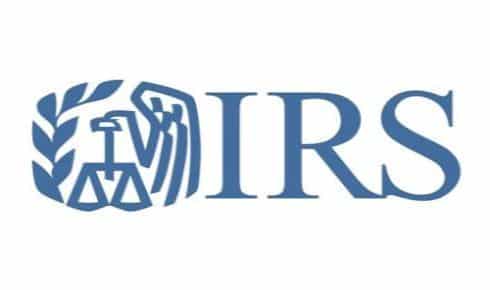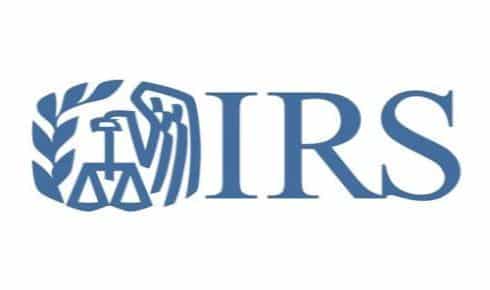IRS Clauses for Claiming Tax Deductions on Your Dental Bills

IRS Clauses for Claiming Tax Deductions on Your Dental Bills
The expenses for dental treatments have risen over the years and have even surpassed inflation rates. It has reached a point where even most insurances cannot keep up with the cost. Most of these expenses are a direct resultant of taxes imposed on the treatments. However, there is an option for relief which you can claim from the Internal Revenue Service (IRS). The amount of relief is calculated as a percentage of your adjusted gross income and is applicable to your treatment expenses which the IRS takes care themselves.
Claiming your tax deduction
As per Internal Revenue Service guidelines, you are eligible for tax deductions on your dental bills should you qualify for their conditions. In order to ensure that you get the most out of this, it is recommended to have a comprehensive knowledge on the matter.
- Itemizing your treatment is a great way to ascertain that you get your tax deductions where it matters. Not all treatments qualify for tax deductions. Bunching them all together under a single expense record will make it difficult to properly claim your deductions. Itemize your deductions to correspond to treatments that qualify for it.
- The best course of action is to include all your dental treatment costs for the year and compile them. It allows you to calculate if the total cost of all tax deductible treatments performed over the year is more than ten percent of your adjusted gross income. If it is, you are qualified to opt for tax deductions on the whole.
- Seniority is given preference while claiming tax deductions. If you or your spouse is over the age of 65, you are eligible for a threshold rate of 7.5% instead of the usual ten.
- You are qualified for tax deductions in case of all treatment expenses that you have paid yourself, your spouse or any other dependents. This includes costs of diagnosis, treatment, easing or prevention of possible disease. It also involves costs for prescribed drugs.
- All costs that you pay for insurance premiums which support policies covering your dental treatments. However, it is not applicable if you have used different insurance agencies for different treatments in the course of the same year. You are also eligible in case of some long term care insurance expenses. You can consult with respective agencies to review their policies.
- If you have opted for health savings plans and flexible spending plans, you cannot claim deductions on treatments that are paid with these plans as they are already tax free.
Travel expenses can qualify for tax deductions even in cases of public transportations. You can claim on ambulance services, parking expenses and tolls. There is also a provision for personal transports where you can deduct expenses based on standard mileage rates.
How to claim your tax returns?
Taxpayers are allowed a set of fundamental rights as listed by the Internal Revenue Service on their website. You can consult these rights to ascertain how you can qualify for tax returns on your dental plans. You would usually need Form MED 1 and 2 in order to file a claim for tax deduction. Both these forms can be found at your dental practitioner’s and also requires relevant signatures.





